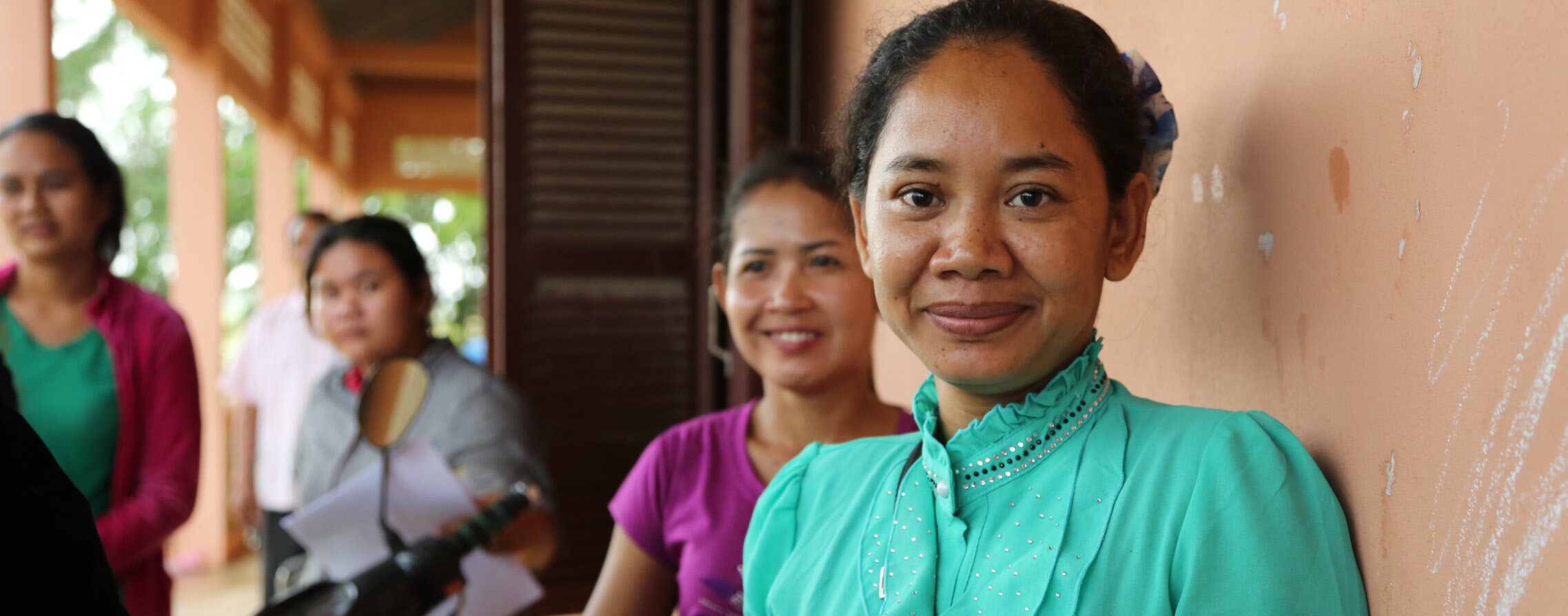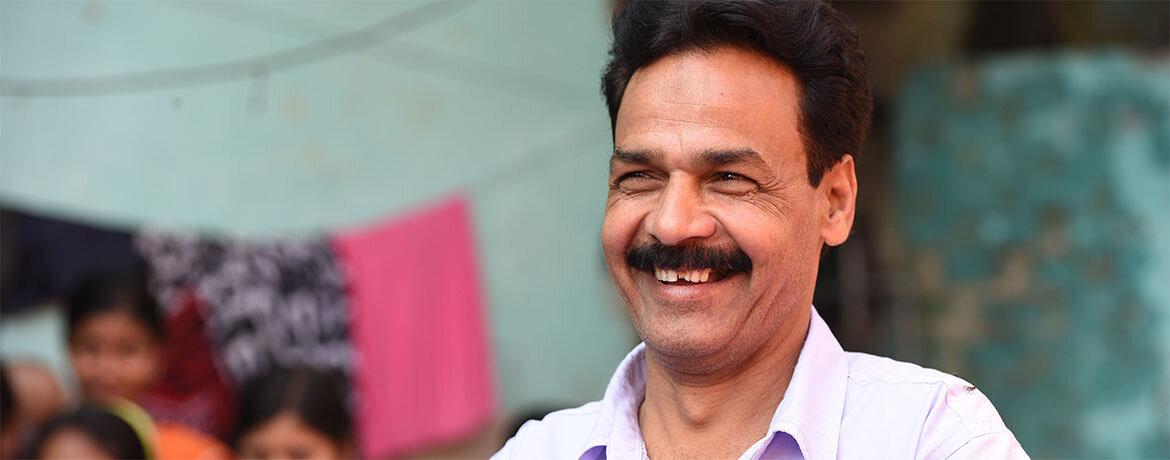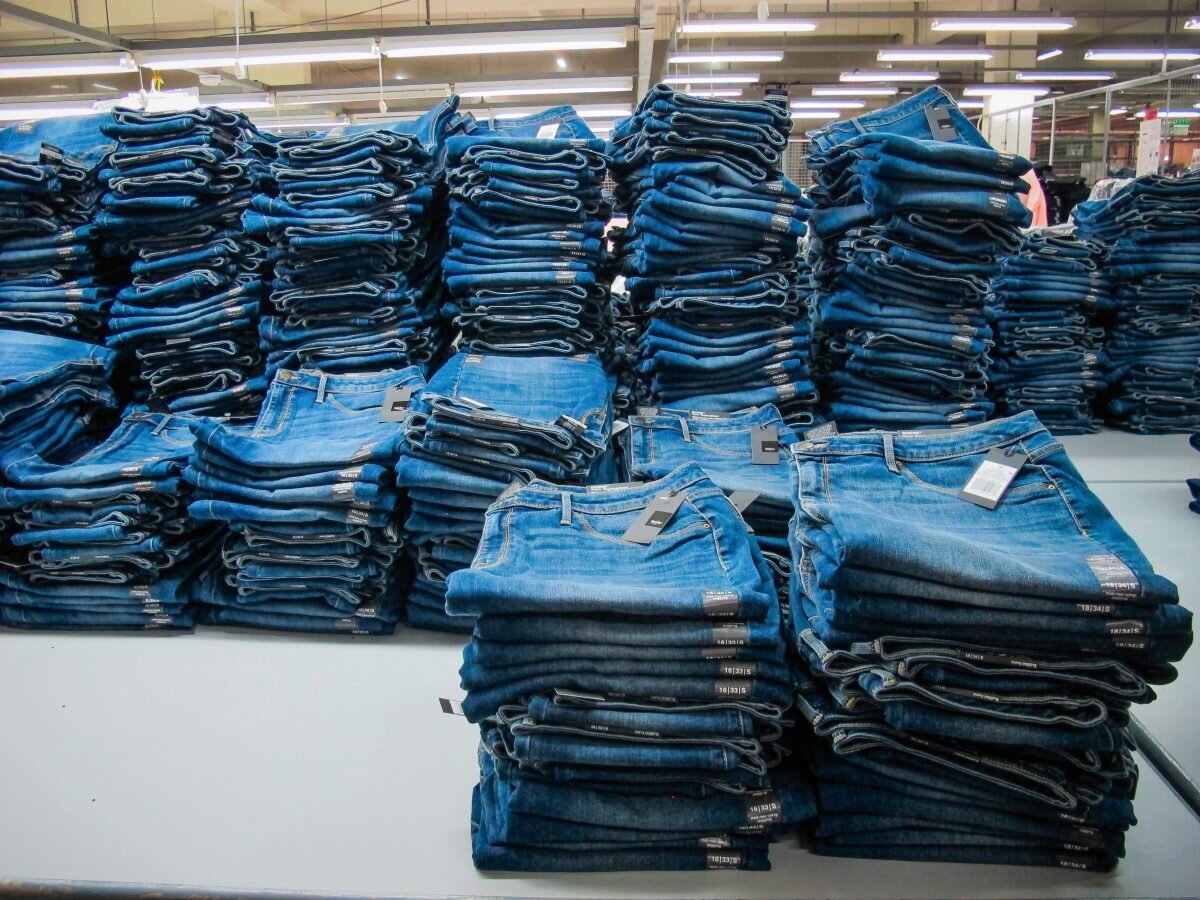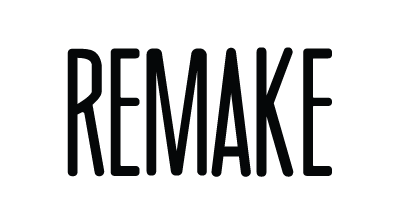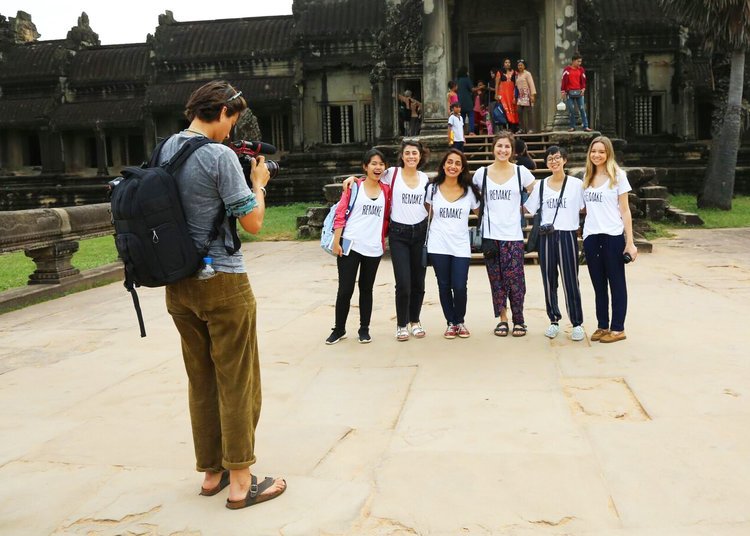
Together, We Can Remake Our World: Ayesha Barenblat, Founder Of Remake
Meet Ayesha Barenblat, Founder of Remake
Ayesha Barenblat has seen the horrors of our fast-fashion supply chain. Born in Pakistan, she was pursuing graduate work at UC Berkeley when she witnessed herself the modern-day slavery in which thousands of impoverished workers are trapped.
After years of working across multiple brands, manufacturers, and governments she left her job at the United Nations to launch Remake – a storytelling platform committed to building a conscious consumer movement. We recently sat down with Ayesha to listen to the story of her own career path, the encounters with makers who moved her to action, and the life she hopes to inspire in her own children – the next generation of conscious consumers.
There are a million and one ways to create change in our communities, and you’ve settled on storytelling (a niche we obviously admire). Tell us your story. What was the inspiration behind Remake?
I grew up in Karachi, Pakistan, around family that ran clothing factories. Early on, I understood the power of these jobs to lift young women out of poverty. The fashion supply chain is one of the few industries that employs mostly women.
“Jobs with dignity could lift so many women out of poverty.”
While completing my masters with a focus on sustainability at UC Berkeley, I was struck by the conflicting pressures fashion retailers place on factories, to make our clothes sooner, faster and yet somehow respect people and our planet. For my graduating thesis I went uncover in factories in Karachi and got to know the amazing and resilient women, largely absent from our collective consciousness. Trade agreements had failed them. They worked long and hard hours and yet remained trapped in poverty. My thesis work changed the course of my career and sparked a lifelong quest to improve the wellbeing of the 40 million women who make our clothes. Because jobs with dignity could lift so many of them out of poverty.
For the last decade I have been working across brands, manufacturers and governments to improve the fashion industry’s commitment to her. Then Rana Plaza happened and over 1,100 people lost their lives. I watched the footage with growing horror and felt that I had to do more, sooner and faster. Working on the inside of the industry, I had always thought there was a missing piece of the puzzle – shoppers.
So I took a risk, left my wonderful UN job to found Remake, whose mission is to ignite a conscious consumer movement. I believe in the power of hopeful storytelling because behavioral science shows that people are not moved by a pain centered narrative. We become numb to bad news – be it sweatshop workers or refugees faraway. It’s hard for people to make a connection to these stories with their daily life.
I have spent the last decade having meals, laughing, talking and being awestruck by the women who make our clothes. These were not victims as the media paints them. These are badass women often supporting upward of 5+ family members, leaving the safety of their villages to enter the big bad world of city life, often at the tender age of 19. I felt that these stories, of the millennial maker, could spark a more empathic connection with millennial shoppers. With the power of video, virtual reality and social media we can connect in ways that were never possible before. I hope that the story told differently, may finally seal her in our collective consciousness, so we can start to ask more about her and buy better.
We’d love to hear more about your experience with the power of storytelling to catalyze social change. Tell us about that story you worked on that you won’t ever forget?
I was once doing a research project in the Qualified Industrial Zones in Amman, Jordan. There had been rumblings of forced labor, migrant workers trapped in factories, of women being abused and raped. As I went from interview to interview, focused on the report and its findings for the development community, I started to feel numb. I was leaving a factory when a young fellow Pakistani maker ran out to our car. There in the hot desert heat he looked at me with an urgency that shook my very core and he whispered, “My sister you will you get me out?”. In all my years of doing this work, his eyes continue to haunt me. This work is often slow. With the Better Work Jordan program, conditions have improved and yet that true cost of our fast fashion, human beings trapped in modern day slavery, is a story that unfortunately happens too often. Its stories like these that keep me going and keep me honest.
Collaboration has obviously been key to your success. From an international base of contributors, to creative partnerships with corporations, foundations, and non-profits, how have you built this global community and what challenges have you faced along the way?
Collaboration is really important though it is often slow slogging work. I have worked across brands, foundations and civil society. At Remake rather than taking an accusatory approach, we welcome brands to take a leadership role, like Patagonia – showcasing what good looks like and what a sustainable supply chain is rather than dwelling on all that is bad. I believe this hopeful narrative allows us to reach across different stakeholders and also inspire our Remakers to join our movement. We believe in igniting behavior change through human connections rather than guilting shoppers.
“We believe in igniting behavior change through human connections rather than guilting shoppers.”
Remake is specifically committed to telling stories about supply chains, helping create a connection between consumers and producers to inspire ethical business. Tell us more about the social and environmental impact of a traditional supply chain in contrast to those that Remake is supporting?
The companies and brands we showcase first and foremost have a commitment to transparency. They believe that their businesses can be a positive force for improving the lives of people and our planet. It is this approach of using your very supply chain and business power to improve lives that we are interested in, rather than the prevalent “Do your best to do no harm model” and reactive strategies in the face of poor working conditions.
“Clothes that cost less than a cup of your favorite Starbucks coffee, cannot be made in a way that keeps women safe.”
Secondly we love to showcase brands that are working tirelessly on traceability. Often the worst conditions are in places where there is no sunshine – looking beyond where your product is cut and stitched, to your mills, your raw materials. All of that is important.
Finally we are very focused on making fast fashion uncool. We firmly believe that the fast fashion business model of a Forever21 or H&M fundamentally conflicts with our values. Clothes that cost less than a cup of your favorite Starbucks coffee, cannot be made in a way that keeps her safe. We aspire to bring durability back and getting people to love fewer, better things. So brands that are timeless, last forever, are the ones we love to highlight.
Working in the creative space, it can often be hard to sustain the levels of inspiration you need to produce your very best work. What inspires you and how do you refuel your creativity in order to grow professionally?
This work is hard but I am really lucky to be surrounded by incredible, hilarious, creative and inspiring women. This team of women is what keeps me honest and charged. Secondly, it’s the makers themselves. We were just in Cambodia and as always the generosity and spirit of the women who make our clothes had me inspired. Like Sreynag who invited us into her home for a meal, ordered bottled water which is so expensive for her. Hugged us tight and told us we were her sisters. It’s that sisterhood – of my team, of the makers and our growing community of activist shoppers. They keep me laughing, engaged and inspired.
Telling the stories that you do – stories about artists and growers and travelers and tribes – gets under your skin, no doubt. How have you been changed by this line of work and how are the values you’ve built into this business reflected in other areas of your life?
I’ve changed a lot over the years. I used to believe change is best from the inside. But after Rana Plaza I am convinced that for true change to happen it takes grassroots organizing. We the people are powerful – in how we vote. We forget that we vote everyday with our wallets.
In terms of my own values, I really try to focus more on experiences and human connection. Having been an American for many years now, I am still overwhelmed with the volume of stuff, how all of our holidays seem to center on consumption. I hope to raise my children to want less, appreciate nature, family time and travel more. I believe we would be so much better off as a human race if we stopped trying to constantly buy our happiness and looked up and just talked to each other more. It could help #remakeourworld.

